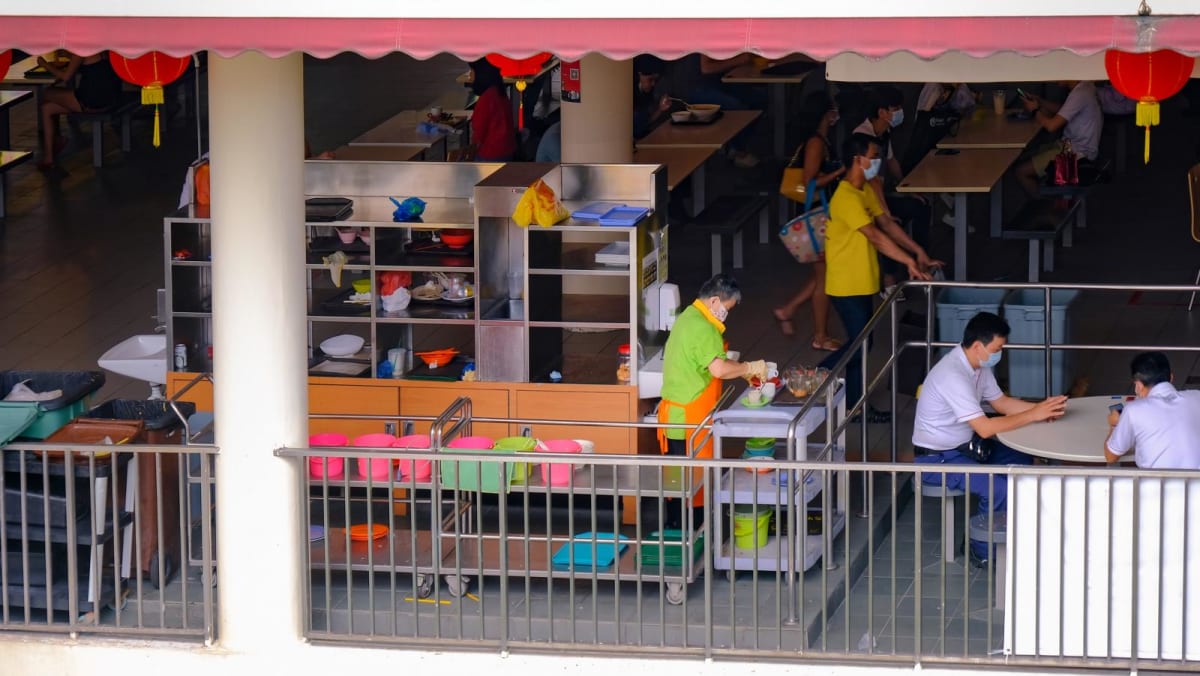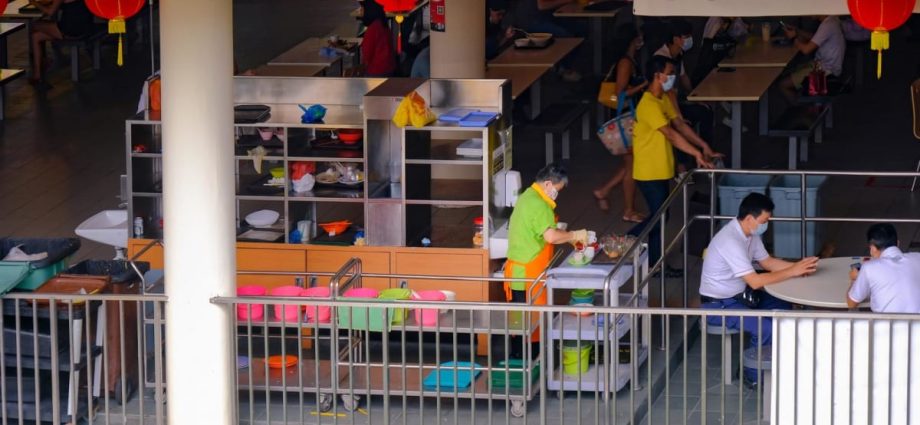
Enhancements to Workfare
The government will enhance the Workfare Income Supplement Scheme – which provides lower-wage citizens with cash payouts – from January 2025.
Workers who earn S$3,000 a month or less will be eligible, up from the current income cap of S$2,500.
This higher income cap will also apply to the Workfare Skills Support scheme, which encourages lower-wage workers to go for training.
Those eligible for the Workfare Income Supplement Scheme will also receive bigger payouts.
People with disabilities and workers above 60 years old will receive up to S$4,900 per year, up from S$4,200 currently.
Increase in local qualifying salary
Companies that hire foreign workers will need to pay locals more to keep pace with wage growth.
From Jul 1, the local qualifying salary will be raised from S$1,400 to S$1,600 for full-time workers. Minimum hourly rates for part-time workers will increase from S$9 to S$10.50.
A company’s foreign worker quota computation will depend on the number of local workers being paid the new qualifying salary.
Boost to Progressive Wage Credit Scheme
For employers who pay their lower-income workers more, the government will co-fund up to 50 per cent of wage increases for 2024.
This figure was originally set to taper to 30 per cent this year, after the government co-funded up to 75 per cent of wage increases in 2022 and 2023.
In 2025 and 2026, the wage ceiling for employers to qualify for co-funding will also be raised – from S$2,500 currently to S$3,000.
To provide these enhancements, the government will top up the Progressive Wage Credit Scheme fund by S$1 billion.
More support for ITE graduates
To improve wages across professions, Institute of Technical Education (ITE) graduates aged 30 and below who choose to pursue a diploma will be given a new Progression Award.
Under this award, the ITE graduates will get a S$5,000 top-up to their Post-Secondary Education Account, to help offset the costs of the diploma.
When they obtain their diplomas, they will get a further S$10,000 top-up to their CPF Ordinary Account, to give them a headstart in purchasing a home or saving for retirement.

